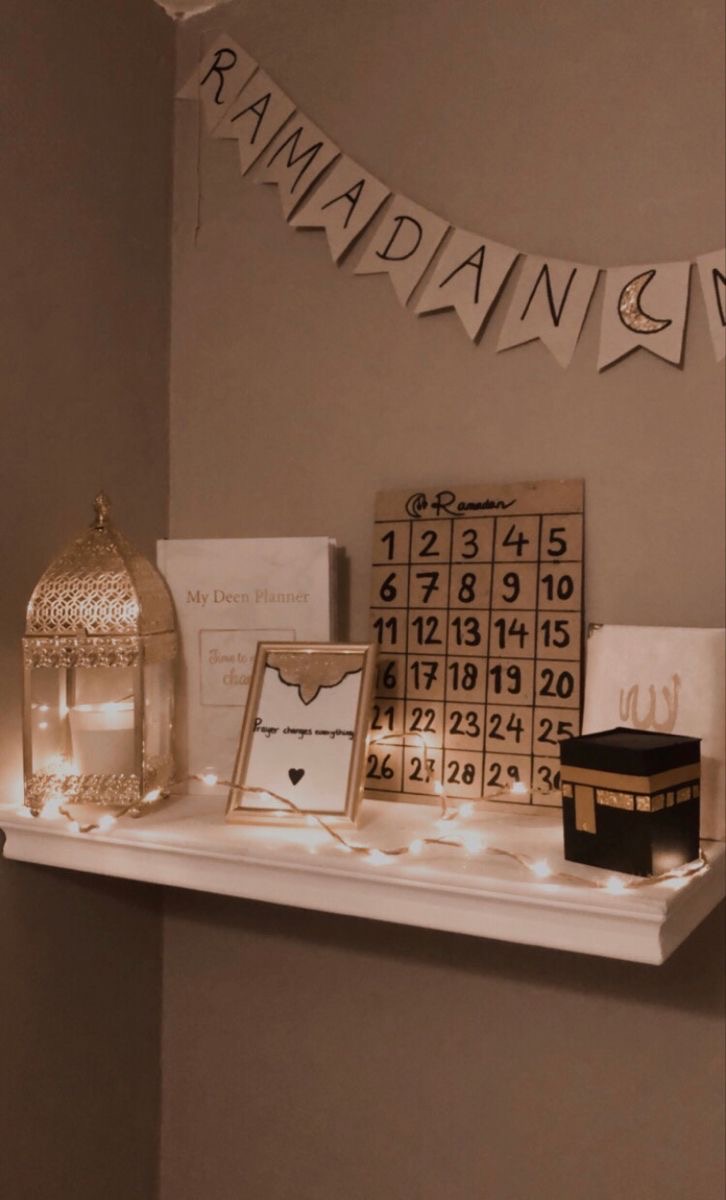Assalamualaikum! Jumuah Mubarak!
How have we been? How have we been coping with life and of course, Ramadan preparations? May Allah grant us the ability to reach this month and may He make us make the best of it. Ameen.
I know I’m not the only one excited about Ramadan, it’s really here. What do you look most forward to? Is it the fasting? Is it Taraweeh? Tahajjud?
whatever it may be, I cannot wait. And I’m sure you can’t either. Today, I’m going to give us a few tips on how to utilise this blessed month and just make sure that we’re making the most of our time.
Ramadan is a beautiful time for spiritual growth and connection with the community. But prioritizing self-care during this holy month is essential for maintaining both physical and mental well-being. Here’s how taking care of yourself can be seen as a charitable act:
Nourishing Your Body:
- Hydration is Key: Dehydration can significantly impact energy levels and mood. Drink plenty of water throughout the night, especially before sleep, to stay hydrated during the fast. Consider incorporating water-rich fruits and vegetables into your Suhoor (pre-dawn meal) and Iftar (evening meal).
- Fuel for Good: Focus on nutritious meals rich in complex carbohydrates, protein, and healthy fats during Suhoor and Iftar. These foods provide sustained energy and help regulate mood. Avoid sugary treats and processed foods, which can lead to energy crashes. View healthy choices as a way to honor your body, the temple for your spiritual journey.
- Restful Sleep: Night prayers and altered meal times can disrupt sleep patterns. Prioritize getting enough quality sleep to maintain energy levels and mental clarity. Consider taking short naps after Iftar, but not too close to bedtime, to avoid further sleep disruption. A well-rested you is better equipped to participate fully in Ramadan activities.
Nurturing Your Mind:
- Gentle Exercise: Moderate physical activity during permitted hours can boost energy levels and improve mood. Consider light walks, yoga, or stretching to stay active without putting undue stress on your body. Taking care of your physical health is a form of self-compassion, allowing you to be more present during prayers and reflections.
- Mindful Practices: Dedicate time for meditation, prayer, or mindful breathing exercises. These practices can help manage stress, improve focus, and enhance feelings of peace. A calm and centered mind is better prepared for spiritual reflection and connection with the divine.
- Connect with Loved Ones: Social interaction is important for mental well-being. Spend time with family and friends, even if it’s virtual. Offer support and kind words to those around you. Acts of kindness and charity towards others can improve your own sense of well-being and strengthen community bonds.
Remember:
- Listen to Your Body: If you experience fatigue, headaches, or dizziness, adjust your fasting practices or consult a healthcare professional. Prioritizing your health allows you to fully participate in Ramadan activities.
- Compassion Over Comparison: Don’t compare your Ramadan experience to others. Focus on your own well-being and spiritual journey. Self-compassion is a form of inner charity, allowing you to approach Ramadan with a gentle and forgiving heart.
By taking care of yourself physically and mentally, you become a better vessel for spiritual growth, charitable acts, and connecting with your community during this blessed month.
May Allah bless us, and may He bless our fasts.
Paysabil.

